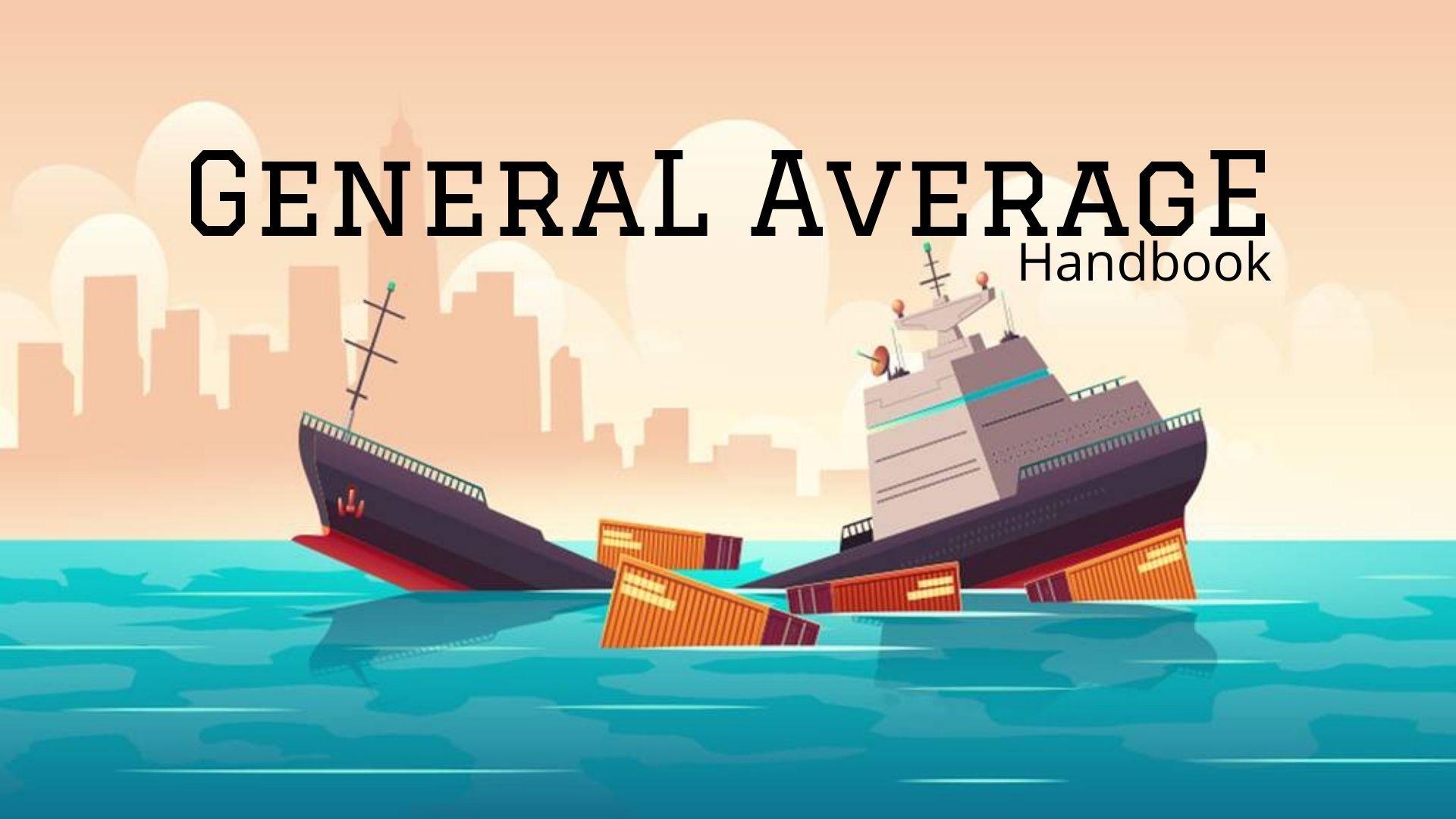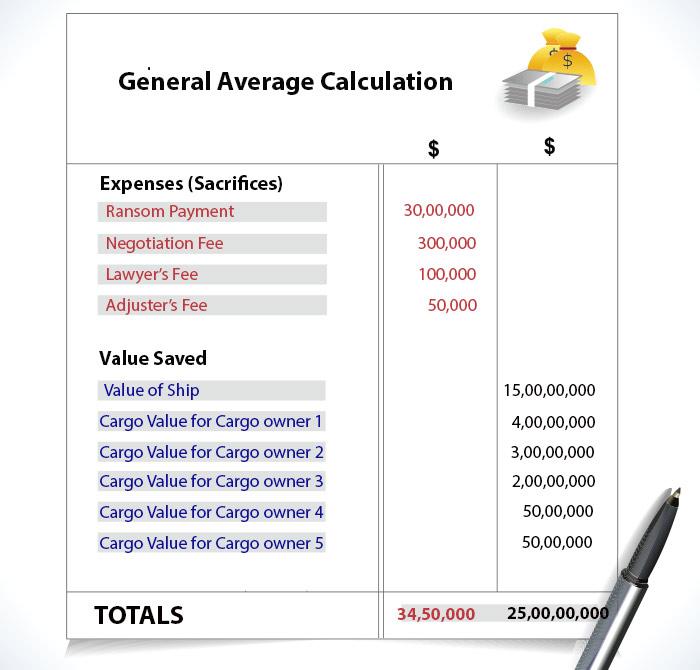In the world of logistics, there resides a little-known but crucial concept that serves as a beacon of cooperation amidst the chaos of international shipping: General Average. This age-old principle embodies the spirit of shared responsibility and unity among shipowners, cargo owners, and insurers when unforeseen circumstances threaten the safety of a vessel and its precious cargo. Join us as we delve into the intricate web of General Average logistics, exploring its origins, implications, and the vital role it plays in the intricate dance of transport and shipping.
Understanding General Average in Shipping Practices
General Average is a concept in shipping practices that refers to the apportionment of the loss resulting from a voluntary sacrifice made during a voyage to save the ship and cargo from a common peril. It is a principle that ensures that all parties involved in a maritime venture share the costs of a sacrifice to prevent greater losses. Understanding how General Average works is crucial for all stakeholders in the shipping industry to protect their interests and ensure fair treatment in the event of an emergency situation.
Key factors to consider when dealing with General Average include the following:
- Voluntary sacrifice: The sacrifice must be voluntary and made to save the common adventure.
- Common peril: The sacrifice must be made to prevent an imminent danger to the ship and cargo from a common peril, such as a fire or a storm.
- Apportionment of loss: The cost of the sacrifice is shared proportionally among all parties involved in the maritime venture based on their respective interests.
| Party | Interest (%) |
|---|---|
| Shipowner | 40 |
| Cargo owner | 30 |
| Freight forwarder | 20 |
| Charterer | 10 |

Key Factors Influencing General Average Declarations
Understanding the key factors that influence general average declarations is crucial for anyone involved in logistics, transport, or shipping. General average is a principle of maritime law that ensures all parties involved in a sea voyage share in the cost of losses incurred to protect the common interest of the voyage. Here are some of the key factors that can influence general average declarations:
- Nature of Cargo: The type of cargo being transported can have a significant impact on general average declarations. Perishable goods, hazardous materials, or high-value items may require additional security measures, which can increase the risk of potential losses.
- Extent of Damage: The extent of damage to the vessel or cargo will also play a role in determining general average. If a significant portion of the cargo is damaged or lost, the likelihood of a general average declaration increases.

Strategies to Mitigate Risks Associated with General Average
When it comes to navigating the complex world of logistics, transport, and shipping, understanding and effectively managing the risks associated with General Average is crucial. Here are some strategies to help mitigate these risks:
- Insurance Coverage: Ensure that your cargo is adequately insured to cover any potential General Average contributions that may arise.
- Prevention Measures: Implement robust risk management procedures to minimize the likelihood of incidents that could trigger General Average.
- Legal Expertise: Seek legal counsel with expertise in maritime law to guide you through potential General Average situations and ensure compliance with relevant regulations.
| Strategy | Key Benefit |
|---|---|
| Insurance Coverage | Financial protection against General Average contributions |
| Prevention Measures | Reduced exposure to General Average risks |
| Legal Expertise | Guidance and compliance assurance in General Average situations |
By proactively implementing these strategies and staying informed about General Average protocols, you can better protect your cargo and minimize the financial impact of potential incidents. Don’t wait until it’s too late – take action now to safeguard your shipments and maintain smooth operations in the challenging world of logistics and shipping.

Importance of General Average Insurance in Logistics Operations
General Average Insurance plays a crucial role in the world of logistics operations, particularly in the fields of transport and shipping. This type of insurance provides protection to all parties involved in a maritime voyage, ensuring that in the event of a serious incident, such as a fire or grounding, the costs incurred are shared among all parties rather than falling solely on the property owner.
By having General Average Insurance in place, logistics companies can mitigate the financial risks associated with unforeseen events during transportation. This insurance provides peace of mind to both shippers and carriers, as it ensures that in the case of an emergency, all parties are responsible for the collective loss. With General Average Insurance, logistics operations can run more smoothly and efficiently, as potential liabilities are shared among all involved parties.
Concluding Remarks
In conclusion, understanding general average is essential in the world of logistics, transport, and shipping. It is a complex concept that requires careful consideration and expertise to navigate effectively. By being informed about general average, businesses can better prepare for potential losses and ensure the smooth and timely delivery of goods. So, next time you ship goods through various modes of transportation, remember the importance of general average and the role it plays in keeping the global supply chain running smoothly. Stay informed, stay prepared, and sail through the sea of logistics with confidence.
